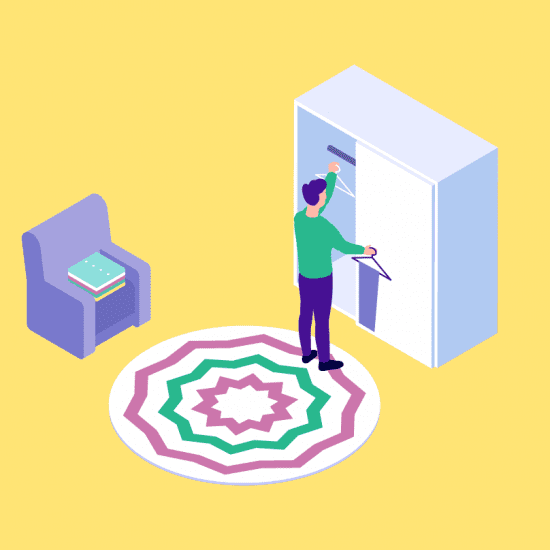There’s no getting around it: Mental fitness is the foundation of high performance at work. Employees who are mentally fit have the resilience to bounce back from stress. They have a growth mindset that allows them to nurture their skills rather than get hung up on their faults. And, most importantly, they are productive, inventive, and powerful collaborators.
A company that emphasizes mental fitness is a company that’s destined to thrive. And there are ways to build mental fitness right into your company culture. Here are some tips to get you started. Ways to build mental fitness into your company culture.
View Mental Fitness as a KPI
The simple truth is, mental fitness won’t improve if your company isn’t investing the time to improve it. Though it may seem vague and difficult to measure at first, employee mental fitness can be a key performance indicator and should be treated like one. Build increasing mental fitness right into your business plan. Select a trait (or traits) to measure—self-reported surveys can be helpful here—set a SMART goal, and work toward meeting it.
Things you might measure:
- Self-reported resilience
- Self-reported stress levels
- Number of mental health days taken
- Number of participants in a workplace health program
Develop and Personalize Employee Support Systems
Unfortunately, there is no “one size fits all” approach to mental fitness at work. Every company, and every individual within that company, has different backgrounds, challenges, and needs. Instead of attempting to develop a catch-all strategy that will inevitably leave some people behind, meet your employees where they are. Look for patterns. Is one team struggling more than others? Is there an employee who does good work but struggles to meet deadlines due to complicated circumstances at home? Find out what your employees specifically need and design your support systems around those needs.
Try a “Less Is More” Approach to Work Hours
It’s a common misconception to think that more hours on the job will result in more work getting done. The truth is, people are only capable of so much for so long before their productivity starts to suffer. People who work long hours are highly susceptible to burnout, sickness, and are more likely to leave their jobs.
On the other hand, companies with shorter work weeks tend to be more productive. People need time to rest, away from the stressors of work. The human body simply cannot function without adequate rest. Setting fewer hours and encouraging more paid leave can feel counterintuitive but, really, it’s an investment guaranteed to pay dividends.
Always Be Communicating
Employees need to feel safe and like they can trust their managers and colleagues in order to perform at their best. Keeping communication channels open is a great place to start but it’s not enough. Managers need to mingle with their employees and really get to know them. Employees need to know that they’re encouraged to speak up when a problem arises. And everyone benefits from being provided resources to help them grow and succeed without judgment.
What strategies have you implemented to boost mental fitness at your workplace? Share with us in the comments or on social media!



